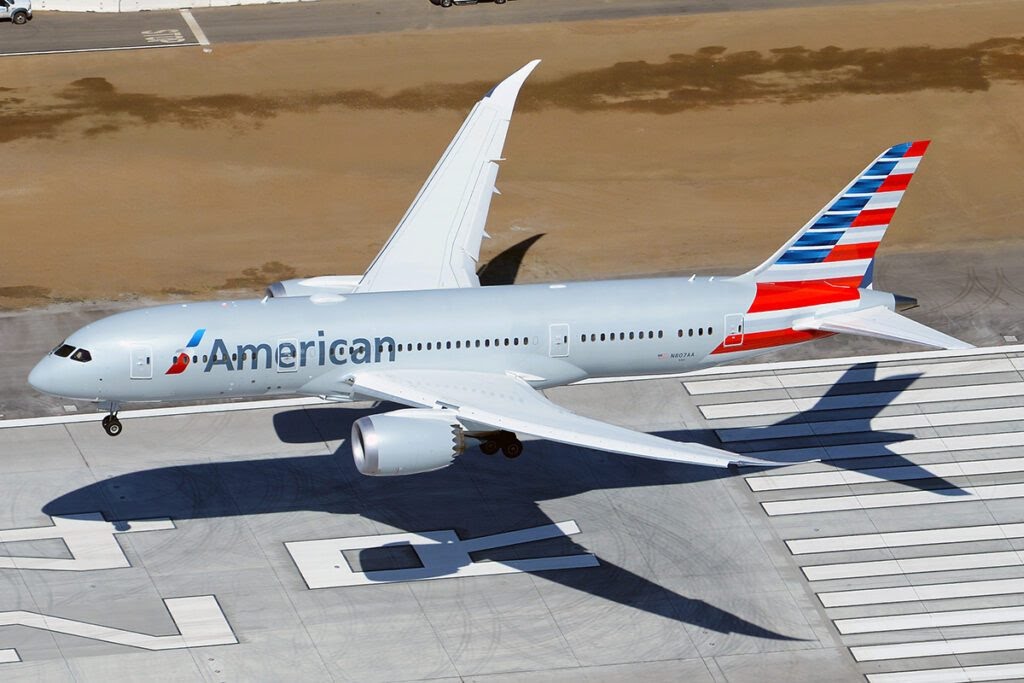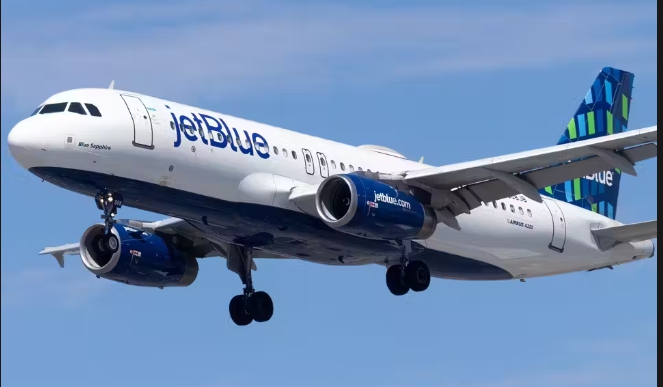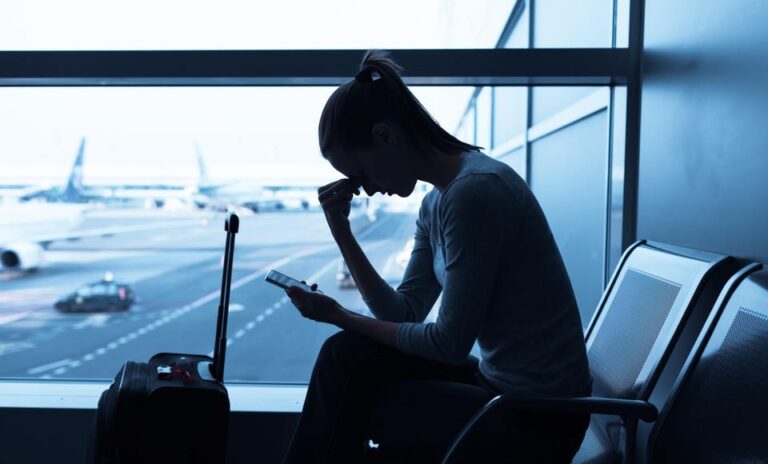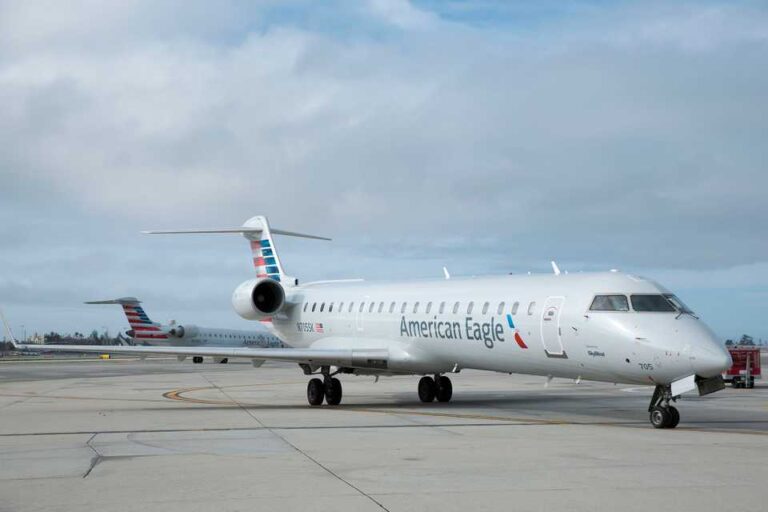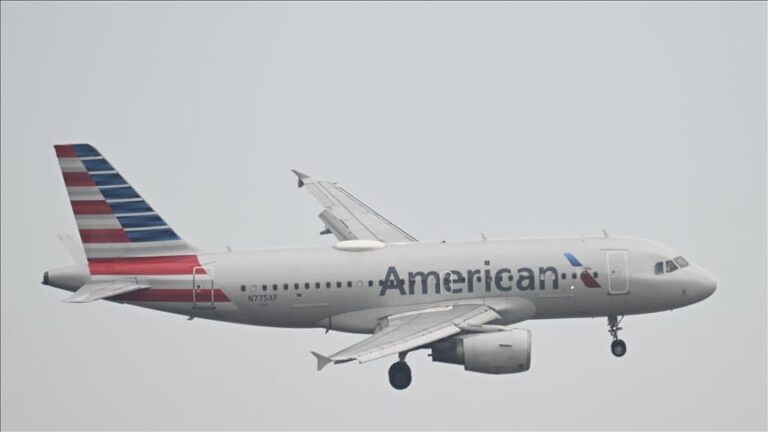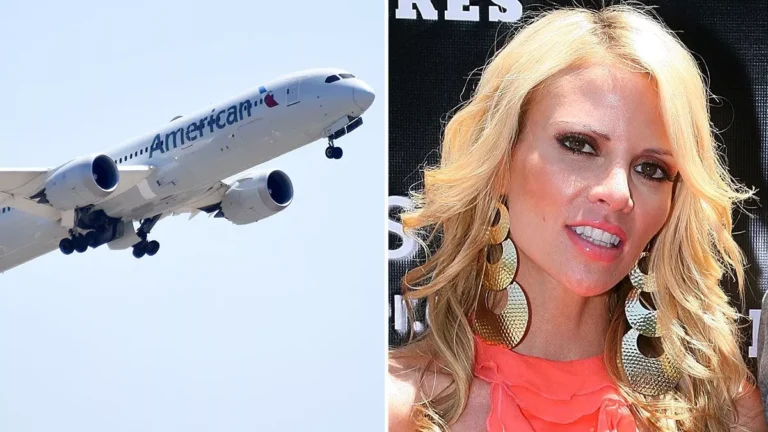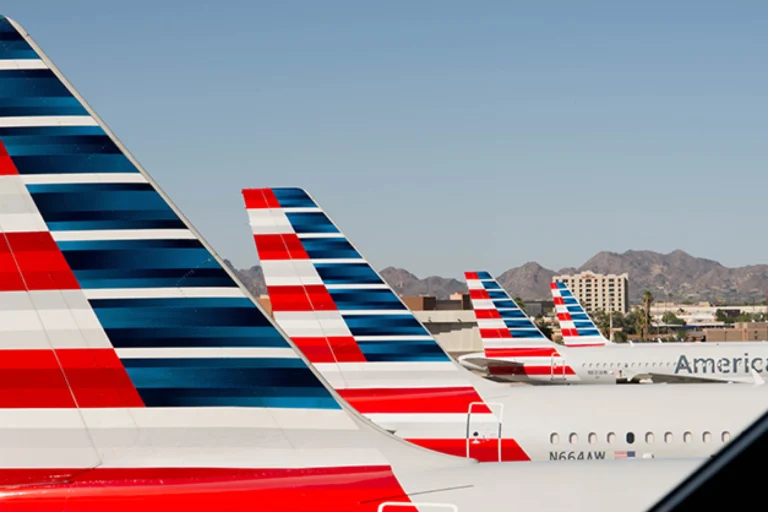US Proposes to Ban Airline Seating Fees
In a significant move aimed at enhancing consumer protections and improving the travel experience, the US government has proposed a ban on airline seating fees. This initiative seeks to eliminate the additional charges passengers often face when selecting their seats, a practice that has been widely criticized for adding to the cost of air travel.
The Proposal
The proposed ban was announced by the Department of Transportation (DOT), which stated that the new regulation would prohibit airlines from charging extra fees for seat selection. This includes fees for choosing seats in specific locations on the aircraft, such as window, aisle, or seats with extra legroom.
Rationale Behind the Ban
The DOT emphasized that the proposal is part of a broader effort to protect consumers from hidden and excessive fees that can make air travel more expensive and less transparent. “We believe that passengers should not be burdened with additional costs simply for the ability to choose a seat,” said Secretary of Transportation Pete Buttigieg. “This move is about fairness and ensuring that the price of a ticket reflects the full cost of travel.”
Impact on Passengers
If implemented, the ban on seating fees would provide significant relief to passengers, particularly families and groups traveling together who often face higher costs to ensure they sit together. The change aims to make air travel more affordable and accessible, allowing passengers to select seats without incurring extra charges.
Airline Industry Response
The proposal has sparked a mixed reaction within the airline industry. Some airlines argue that seating fees are a necessary revenue stream that helps them keep base ticket prices low. Others are concerned about the potential financial impact and the operational adjustments required to comply with the new regulation.
Consumer Advocacy
Consumer advocacy groups have welcomed the proposal, highlighting it as a positive step towards more transparent and fair pricing in the airline industry. “For too long, passengers have been subjected to a myriad of hidden fees that inflate the cost of travel,” said a spokesperson for the Consumer Federation of America. “This proposal is a win for consumers and a move towards greater transparency in the airline industry.”
Next Steps
The DOT will conduct a public comment period before finalizing the regulation. During this time, stakeholders, including airlines, consumer groups, and the general public, will have the opportunity to provide input on the proposal. The feedback gathered will be considered in the final rule-making process.
Conclusion
The proposed ban on airline seating fees represents a significant shift in US transportation policy, aimed at enhancing consumer protections and making air travel more affordable. As the proposal moves through the public comment phase, it will be closely watched by passengers, airlines, and consumer advocates alike. If implemented, the ban could set a new standard for fair pricing practices in the airline industry.
